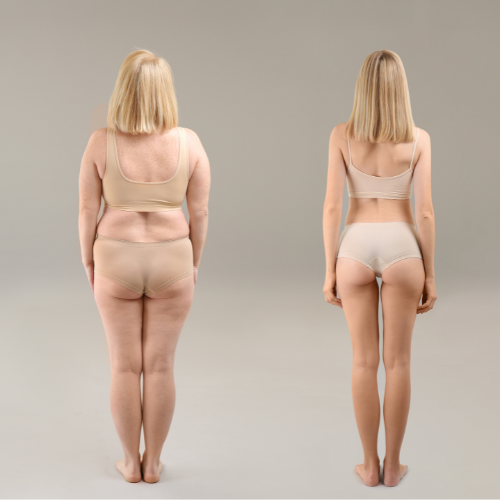The role of sleep in weight loss - how does sleep affect weight?

Nowadays, with more and more attention being paid to a healthy lifestyle, we often focus on diet and physical activity, forgetting one of the most important aspects of health - sleep. Sleep plays a key role not only in our overall well-being, but also in weight loss. In this article, we take a look at how sleep affects weight and how we can optimize our rest to aid weight loss.
Relationship between sleep and weight
Many scientific studies confirm a direct link between the quality and quantity of sleep and body weight. Sleep deprivation can lead to weight gain and obesity. Several mechanisms contribute to this, including changes in levels of appetite-regulating hormones such as ghrelin and leptin, an increased tendency to choose unhealthy foods, and less motivation to exercise.
How lack of sleep affects metabolism
Sleep deprivation can affect our metabolism, slowing it down and making the body process calories less efficiently. During sleep, our body goes through various phases, including the deep sleep phase, which is crucial for many metabolic processes. Lack of adequate sleep can disrupt these processes, leading to weight gain.
Ways to improve sleep quality
Improving the quality of sleep can have a significant impact on our weight loss efforts. Here are some ways that can help:
- Establish regular sleeping hours, trying to lie down and get up at the same time each day.
- Ensure a comfortable sleeping environment - a dark, quiet and cool room can significantly improve sleep quality.
- Limit exposure to blue light before bedtime, for example, by using light-filtering apps on electronic devices.
- Introduce a relaxation routine before bed, such as reading a book or meditating.
- Avoid heavy meals, caffeine and alcohol before bed.

Sleep and diet
The quality and quantity of sleep can also affect dietary choices. People who sleep less are more likely to reach for foods rich in sugars and fats, looking for a quick source of energy. That's why it's important not to focus solely on diet and exercise when losing weight, but also to ensure adequate quantity and quality of sleep.
Summary
Sleep is an integral part of a healthy lifestyle and plays a key role in weight loss. Sleep deprivation can lead to weight gain through a variety of mechanisms, including hormonal changes, slowed metabolism and unhealthy dietary choices. Improving the quality of sleep through a simple change in habits can bring significant benefits to our health and help us achieve our weight goals. Remember that healthy sleep is as important as a balanced diet and physical activity.





